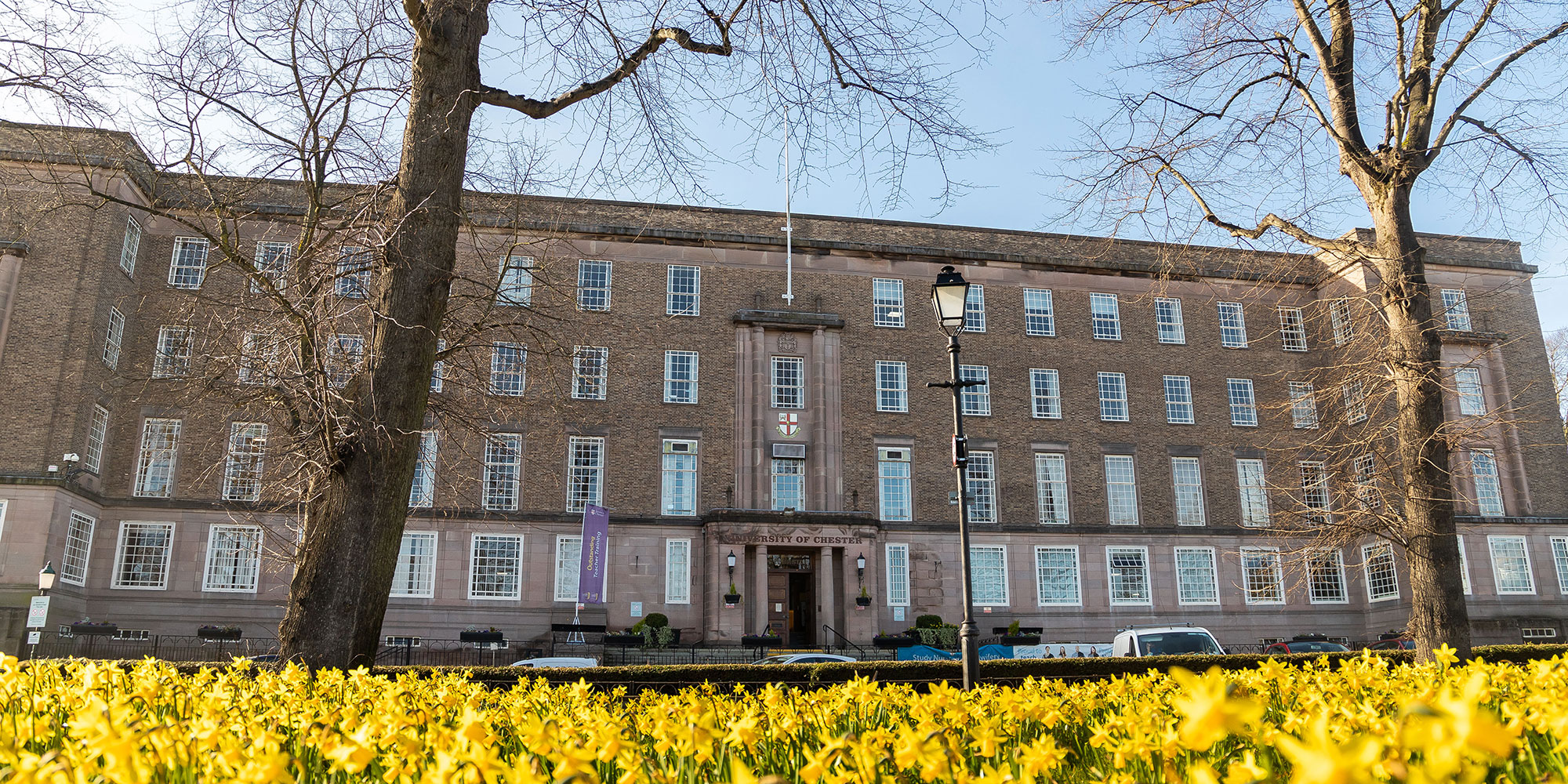Dr Stuart Wildman: The Workhouse Nurse in the Northwest of England, 1834-1914
Start Date: 6 March 2024 4:00 pm
End Date: 6 March 2024 5:00 pm
Location: CRV016 (the Music Room), Wheeler Building
Dr Stuart Wildman, Honorary Research Fellow, History of Medicine Unit, University of Birmingham
There was little reference to the care of the sick in the Poor Law Amendment Act (1834) but workhouses were important institutions as they dealt with almost five times as many sick people than their voluntary hospital counterparts. Caring for the sick and dependent would become more important within the workhouse, with the nurse progressing from lowly servant or pauper to trained and most numerous of employees by the end of the period. This research is based, primarily, on an analysis of Poor Law unions in the Northwest of England (Cheshire and south east Lancashire). This paper illustrates the composition of the nursing workforce, identifies the type of the men and women employed as nurses and shows the changes in the nursing service in the period before World War One. In addition, it explores the nature of nursing practice, the standards of care and the relationships between nurses, their patients, other officers and the guardians of the poor.
Stuart Wildman was a practicing nurse and lecturer. He completed a PhD entitled: Local Nursing Associations in an Age of Nursing Reform, 1860-1900, in 2012. Following retirement, he has taken up an appointment as an Honorary Research Fellow in the History of Medicine Unit at the University of Birmingham. His interests focus on the history of nursing and health care, in particular hospital and home nursing, in the nineteenth and early twentieth centuries. He has published widely in a variety of journals.
This talk will take place in CRV016 (the Music Room) at the Wheeler Building – all welcome.
Host: Faculty of Health, Medicine and Society (FHMS) Historical Society
Admission is free, but booking encouraged for refreshment and seating purposes. Please contact fhsc.histsoc@chester.ac.uk or call 01244 512126 to confirm your place.


